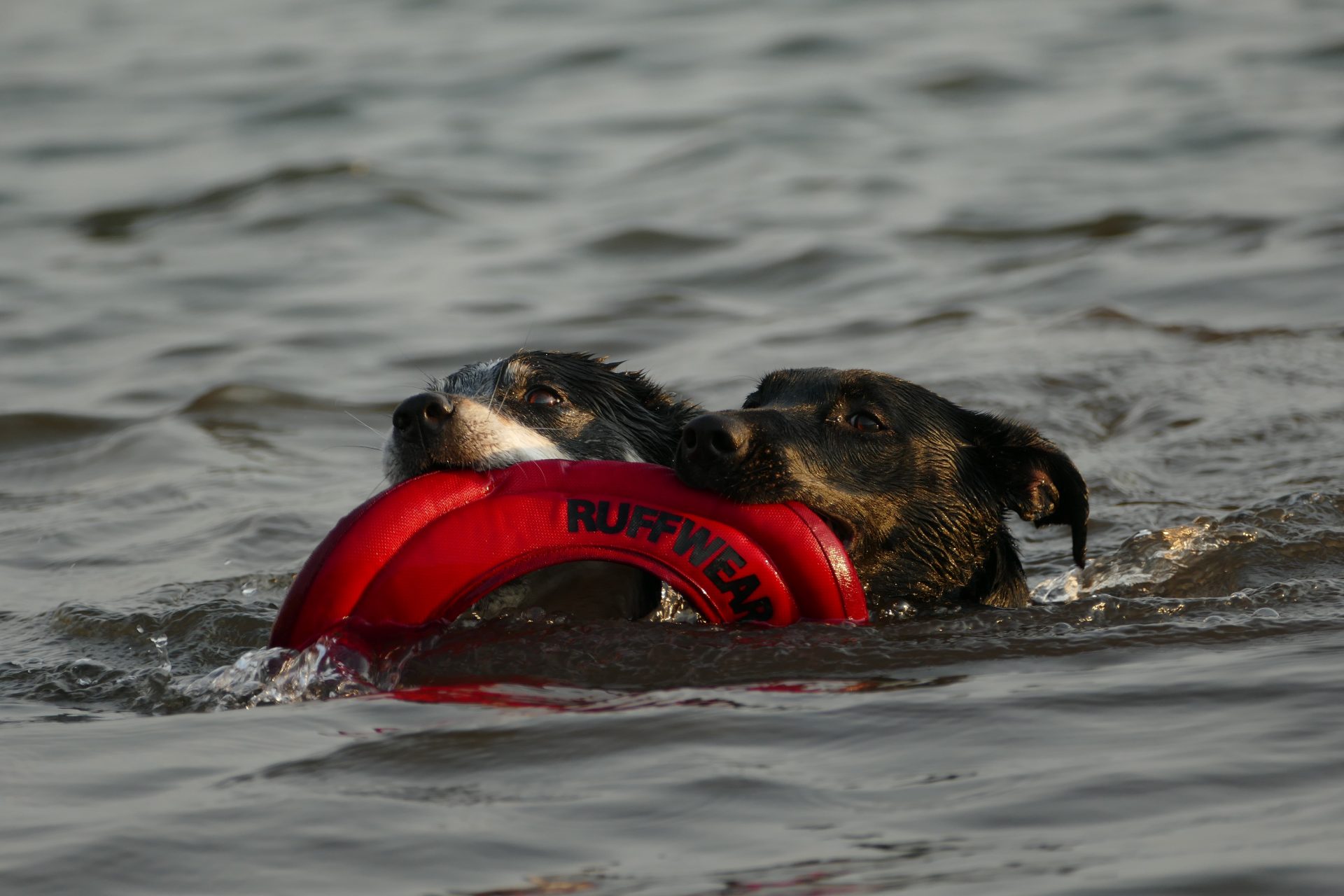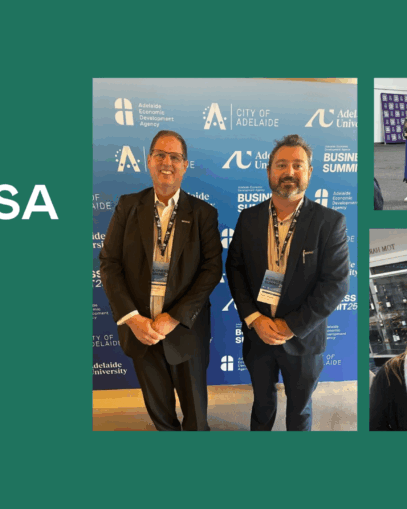Consultants and the APS – great minds think alike

By Claire Forbes, Senior Manager at Parbery
During my time in the APS, I worked with several consultants on a variety of projects – I thought I knew what they did and how they did it. Then I jumped ship and became a consultant and… well, it was a steep learning curve!
As a public servant, I saw consultants as extra bodies, people that were brought in specifically to solve capacity shortfalls. Perhaps this was true in some instances, but over the past two years I’ve come to appreciate that the best consultants do so much more and, when they put the relationship with the client front and centre, can be one of the APS’ biggest assets.
The best consultants will work closely with public sector clients to ensure there are ongoing benefits derived from any given piece of work they complete. That was a very consultant-y sentence hey? What I mean is this – what you want is a consultant who will work with you to ensure positive and sustainable improvements are achieved iteratively with you over the course of an engagement. You should always see our work several times throughout development and you should be comfortable with any outcomes and recommendations. No matter how beautifully presented, seeing a report for the first time on the last day of an engagement is bad for both you and us!
So how do you know you are getting one of the good ones? As a public servant, there are a couple of things to look out for when bringing consultants in – if you think the firm you’re engaging can give you the below, then you’re on a good wicket.
Objectivity and future-proofing
I think it is a truth universally unacknowledged that public servants have a ridiculous amount on their plates. The amount any given EL2 (or equivalent) manages never fails to surprise me. Consultants can help managers with this workload in several ways, but the best value I’ve seen is when we bring objectivity to implementation and translate policy into the real world without any historical baggage. Essentially, consultants have the benefit of space and time around any given issue and should assist a busy public servant to see the wood for the trees and prioritise workload and approach strategically.
Look for those firms that have had teams work on implementation and delivery, and/or have co-designed a public sector program or approach to tackle a wicked problem. Have their projects been successful? Both immediately and over the longer term? Did they create more work, or did they create better practice and enable the public sector team to run with the program into the future? The best firms will foster knowledge and expertise in the client team knowing that sort of help will be what brings them more business, rather than creating a dependency.
Reach back
While we are generally there to help with a specific issue or task, good consultants always take broader context and a client’s operating environment into account. We also bring our own experience and that of our firm colleagues. I’m always reaching back into Parbery to ask various subject matter experts what they think about a particular issue – and this is how my clients get the best from me.
When assessing RFQ responses, look for the firms who note they actively reach back (or out) to garner a range of views and expertise to tackle their work with you. Then look at their website and LinkedIn to assess if their staff and networks have the extended skill set/ knowledge your project might benefit from. Also, don’t be afraid to reach out! Dialogue with potential consulting partners is very much welcomed, particularly about how we intend to bring our broader expertise to bear for your project (we love talking about how we can best help you!).
Commitment to mission
The mission of the APS is to be professional, objective, innovative and efficient, and work collaboratively to achieve the best results for the Australian community and Government. Consultants who work with the APS should be fully cognisant of, and as committed to, service of the Australian people as any Commonwealth employee. Those consultants worth their salt will demonstrate this through genuine, authentic collaboration and a focus not just on the end state of an engagement, but, as noted above, the process to achieve that end state.
When you’re assessing examples provided in RFQ responses, always call the cited referees. Among your other enquiries, ask whether they feel the consultant undertook their work in the spirit of the APS mission? Did they demonstrate an understanding of and appreciation for what the APS strives to achieve? These sorts of questions should unearth what really drives a consultant and whether they are truly committed to public service.
Values
This segues neatly to my next tip! Asking pointed questions of referees can also show you what sort of values a consultant and their firm ascribe to. Parbery, for example, values authenticity, respect, ethicality, family, friendship, fun, and community service. We imbibe this into everything we do, and we pride ourselves on the fact our values align with those of the APS.
However, just because I know what my firm is all about doesn’t mean you do (unless you follow us on Instagram – which definitely demonstrates our fun side!)! Again, it’s about a firm walking it’s talk and you being able to easily find evidence of that. Does the firm in question support a charity or sponsor a sporting team? Do they provide their employees access to flexible working arrangements and support their staff taking time away from the office to pursue passion projects? Do they have support arrangements (like pro-bono, monetary or in-kind) which flow directly to community or not-for-profit organisations? If a firm has these sorts of programs in place, it’s a fairly decent indication they value people and community – which very much aligns to what public service is all about.
Seeing the problem through your eyes
Never be wary of asking the prickly questions so you know the firm you’re bringing into your team will do their best to see the problems through your eyes. Do the people being put forward know how difficult complex procurement and acquisition can be for the APS? Do they understand the nexus between policy and programs/operations (and have experience in moving an idea from paper to reality – we know this doesn’t always go smoothly!)?
What I’ve been trying to say throughout this article is consultants who demonstrate empathy borne of common experience are a valuable asset to the APS. In my experience – for what it’s worth – a firm that shows empathy, a will to understand and a genuine drive to help is a firm that employs former APS personnel, has extensive public sector experience and isn’t afraid to provide you with lots of evidence to back up their claims.
I hope these tips and tricks are helpful – and that you find the best partners out there to help you achieve what you need to.
Claire Forbes is a former Commonwealth policy adviser with a deep knowledge of Australia’s government and legislative processes. She has worked on a number of high profile government policy priorities across communications and national security portfolios, including the 2015 Cyber Security Strategy and the 2017 Foreign Policy White Paper. At Parbery, Claire is the resident governance and business case development expert, currently consulting to the Department of Defence.


